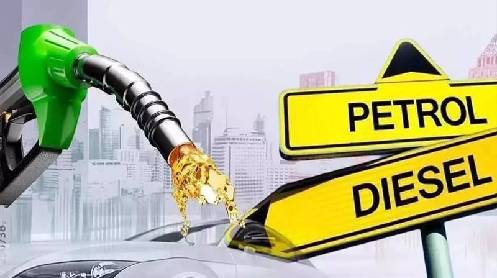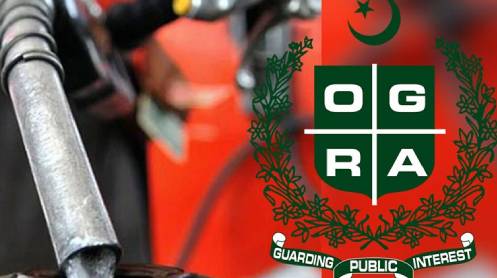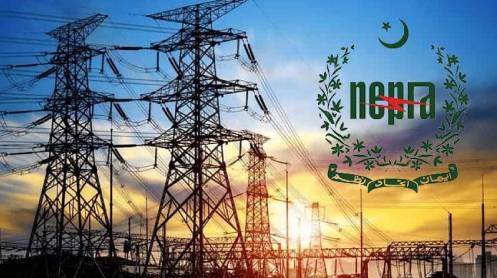ISLAMABAD: As petroleum prices continue to decline, the government is considering measures to support struggling oil refineries, which have reported losses of Rs13 billion during the first nine months of the current fiscal year due to sales tax exemptions, shrinking margins, and inventory losses.
According to senior officials at the Petroleum Division, two key proposals are under review: increasing the Inland Freight Equalisation Margin (IFEM) by Rs4.60 per litre on petrol and diesel, or imposing a 3–5% sales tax on petroleum products. The former option would redirect a portion of the anticipated Rs8–10 per litre price relief toward refineries to help offset their losses.
However, imposing a sales tax would not address the accumulated losses, as it cannot be applied retroactively. Moreover, the government would need to promulgate an ordinance to enforce it. The International Monetary Fund (IMF), while not objecting to the proposal, insists on applying the standard 18% sales tax on POL products, similar to electricity.
Refineries, in a letter dated April 8, 2025, informed OGRA and the Director General (Oil) that they are nearing collapse, with projected losses expected to rise to Rs18 billion by June 30, 2025. They urged the government to allocate the expected price relief—via IFEM adjustments—over the next 2.5 months to help recover sales tax claims.
Additionally, the ongoing sales tax exemption has halted $5–6 billion in refinery upgrade projects under the brownfield policy, rendering them financially unviable. The refineries have appealed to the government to address the issue permanently in the upcoming Federal Budget 2025–26 through amendments to the Sales Tax Act, 1990, to ensure petroleum products are made taxable.
Industry stakeholders expect the Economic Coordination Committee (ECC) to deliberate on the proposals today or tomorrow.





